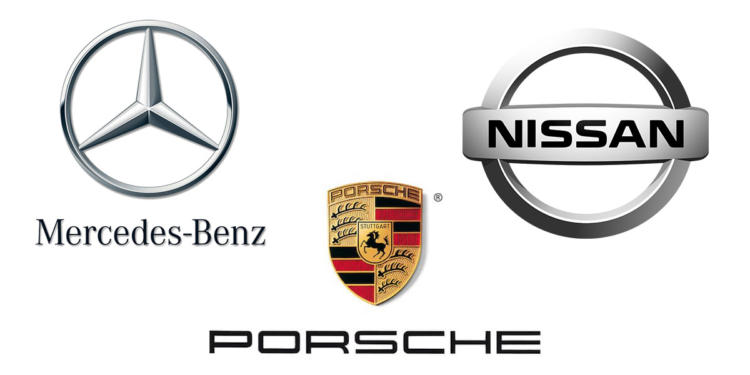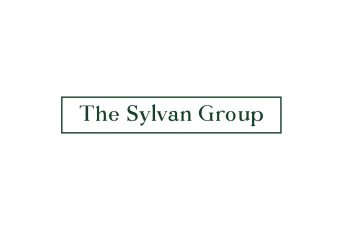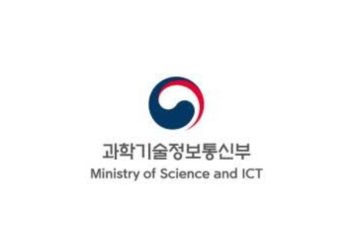South Korea’s Ministry of Environment announced on Wednesday that it would impose fines and file criminal complaints against Mercedes-Benz Korea, Porsche Korea, and Nissan Korea over the illegal manipulation of emissions data of its diesel vehicles sold in the country between 2012 and 2018.
The ministry said that it confirmed that the three carmakers to have submitted falsified emissions reports in a total of 40,381 diesel vehicles sold in South Korea. According to the government, the automakers fitted illicit devices to 14 diesel car models to cheat pollution standards.
The ministry said that Mercedes-Benz would face a record fine of 77.6 billion won ($63.4 million). This marks the first time the German automaker got caught cheating Koreans emission tests.

Mercedes-Benz sold 37,154 illegally manipulated units in 12 models in South Korea. The government said that such models include the C200d, GLC220 d 4Matic, GLC250 d 4Matic, and ML250 BlueTEC 4Matic generated.
Nissan Korean and Porsche Korea sold 2,293 Qashqai units and 934 Macan S diesel units, respectively, during the same period. The government slapped fines of 900 million won ($737,000) on Nissan and 1 billion won ($820,000) on Porsche for also manipulating emission test figures for their respective diesel models.
Emissions Testing
According to the Ministry of Environment, it found the three carmakers to operating illicit software to manipulate levels of selective catalytic reduction and exhaust gas recirculation (EGR) when driving their diesel-fueled models.
The ministry added that the carmakers did not present to regulators the said devices during tests for certifications. The software enabled the vehicles to emit less nitrogen oxides or emissions only during the authorities’ certification testing.
An official from the ministry said that some Mercedes-Benz models emit over 13 times more nitrogen oxide than the allowable limit of 0.08 gram per kilometer.
Meanwhile, the ministry found ten times and 1.5 times more than the standard output levels for nitrogen oxide on the Nissan and Porsche models, respectively.
The ministry added that it would also file criminal charges and order recalls for the three automobile makers. It also plans to revoke certifications for the problematic diesel-fueled vehicles.
A ministry official said that the government would continue to enforce strictly diesel car emission standards and to review and manage illegal emissions fabrication.
Carmakers immediately protested the ministry’s decision.
In an official statement, Mercedes-Benz said that function in question is only a part of an emissions control system designed to reduce emissions. The company added that it has justifiable technological and legal grounds for using such function.
The German company said that it would decide later on whether to file with a lawsuit.
The ministry also expects Nissan and Porsche to have the same stance as Benz Korea.
However, Benz said that the ministry’s decision would not affect new models sold in the country, as the models in question halted production in May 2018.







